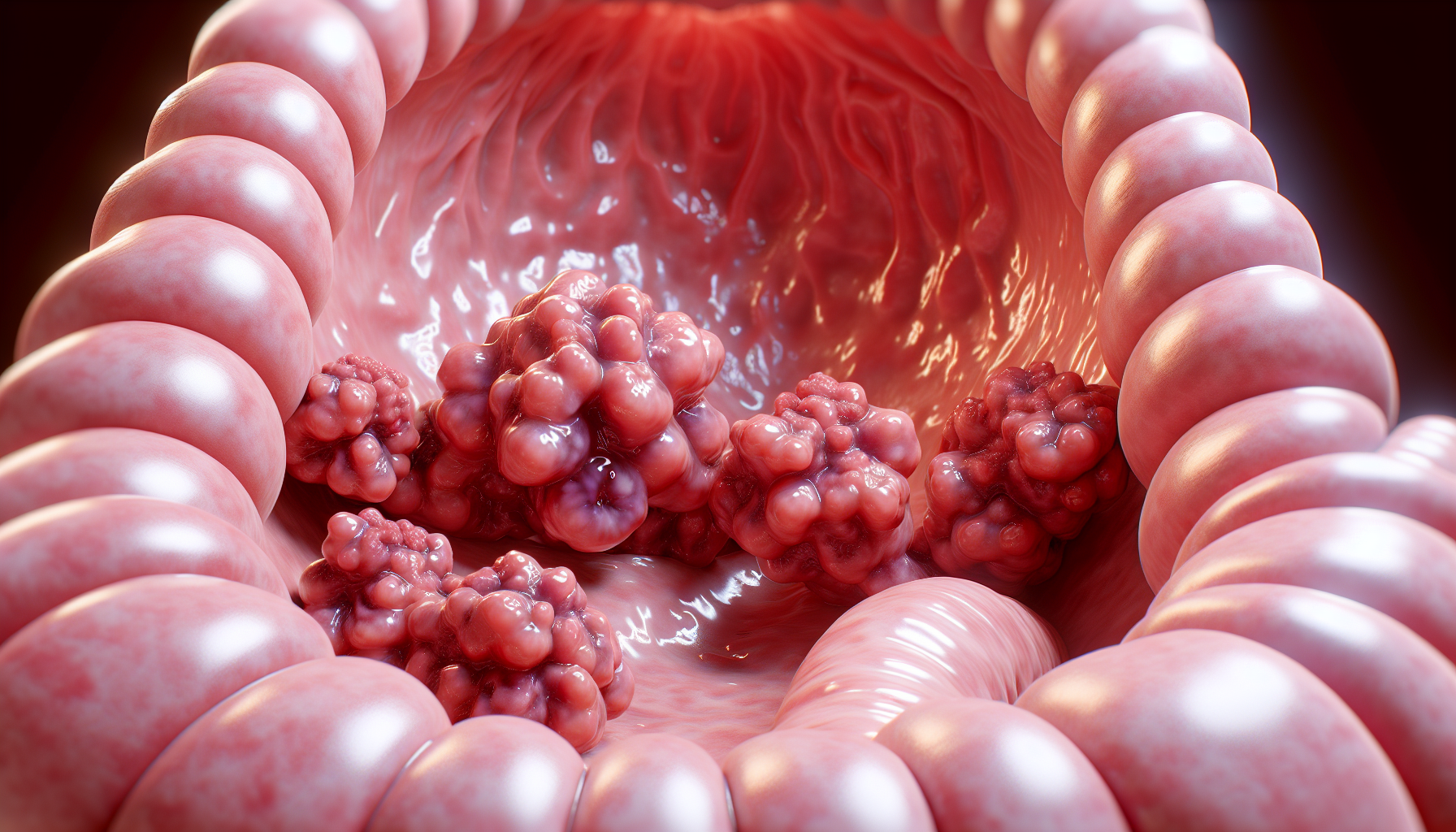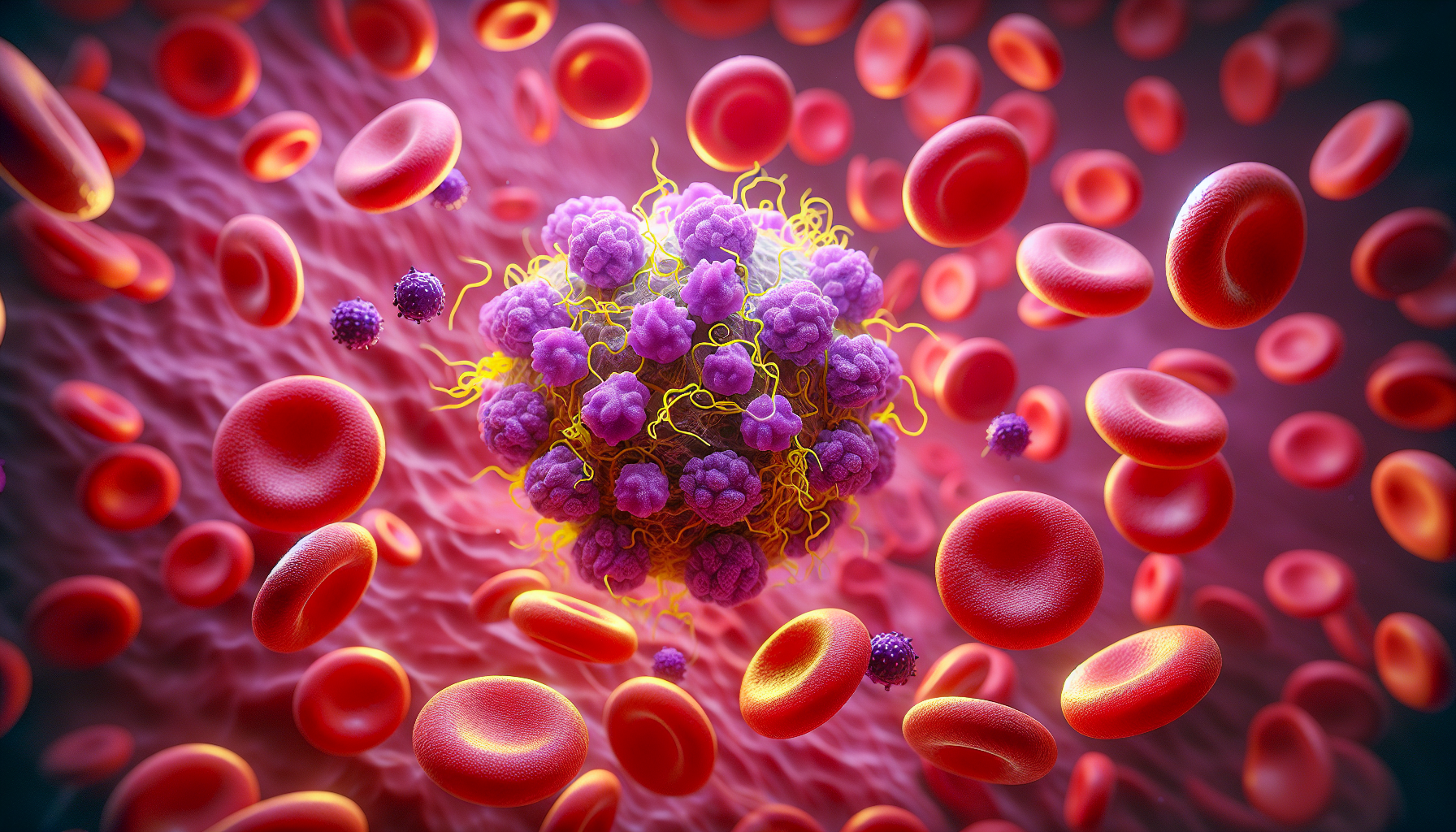Nodding off at the wheel? Not with these fatigue-sensing earbuds

UC Berkeley Engineers Develop Earbuds that Track Brain Signals Linked to Relaxation and Drowsiness Feeling sleepy during work is a common experience, especially after lunch. However, for individuals in high-risk jobs, like driving or operating heavy machinery, drowsiness can be perilous or even fatal. Drowsy driving alone contributes to hundreds of fatal traffic accidents every year across the U.S., and the National Safety Council has highlighted drowsiness as a critical risk in industries like

18 likes
900 views



